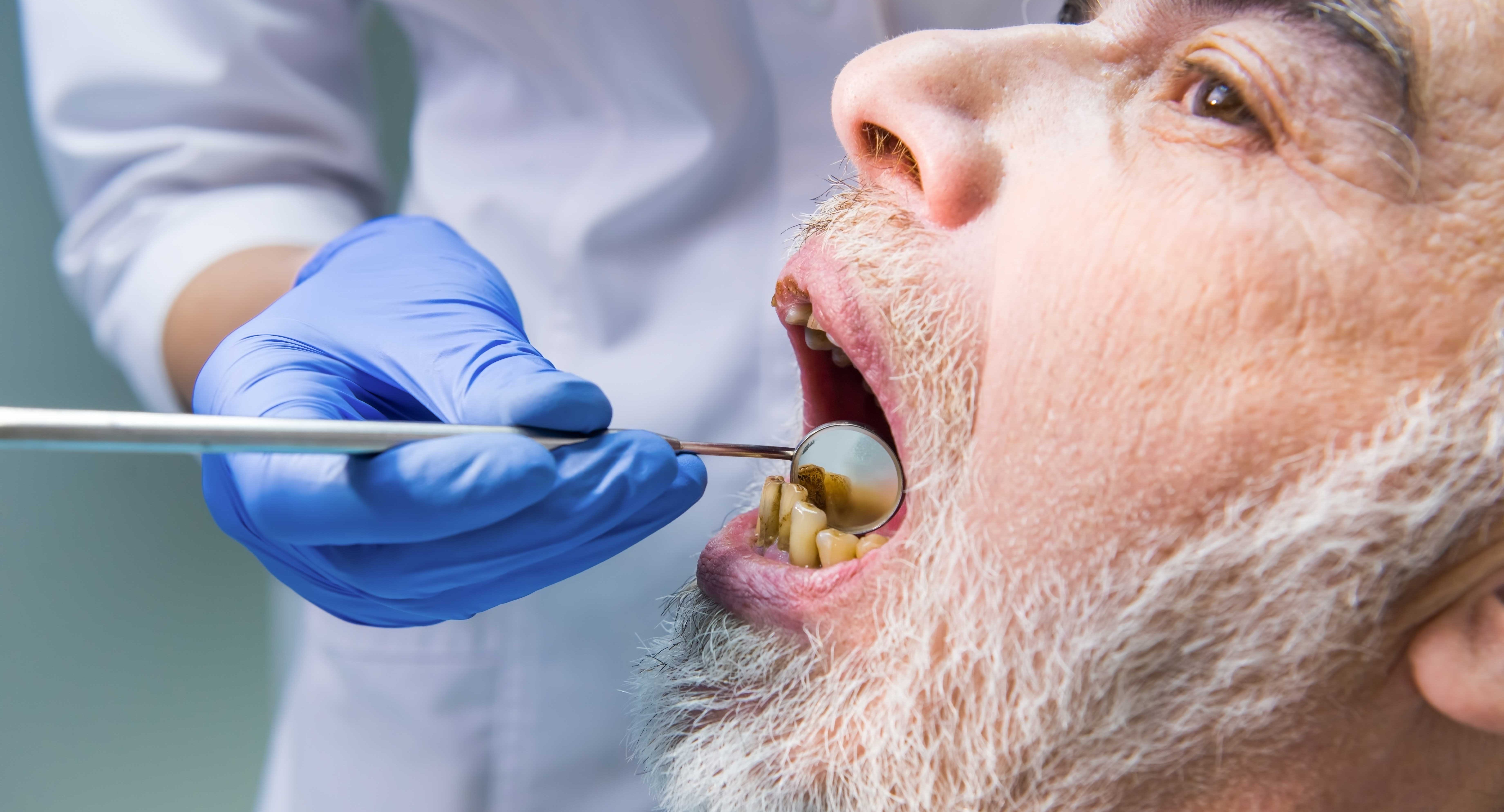 ‘Inadequate’ oral health response is leaving 3.5 billion people with poor oral care, dental experts are claiming.
‘Inadequate’ oral health response is leaving 3.5 billion people with poor oral care, dental experts are claiming.
A series in The Lancet is calling for radical reform of dental care and tighter regulations of the sugar industry.
It argues that around 3.5 billion people suffering from oral diseases worldwide have been let down.
‘Dentistry is in a state of crisis,’ Professor Richard Watt, lead author of the series, said to The Guardian.
‘Current dental care and public health responses have been largely inadequate, inequitable and costly.
‘Which is leaving billions of people without access to even basic oral health care.
‘While this breakdown in the delivery of oral healthcare is not the fault of individual dental clinicians committed to caring for their patients, a fundamentally different approach is required to effectively tackle to the global burden of oral diseases.’
Sugar consumption
High-tech treatments are taking priority over increasing prevention in wealthy countries, the experts say.
Researchers claim we are consuming far too much sugar, with baby foods and drinks of particular concern.
It is calling for tighter regulation and legislation to restrict the marketing of foods with high sugar content.
‘Sugar consumption is the primary cause of tooth decay,’ Professor Watt.
‘The UK population is consuming far too much sugar – considerably higher than the Department of Health and WHO recommends.
‘A particular concern is the high levels of sugar in processed commercial baby foods and drinks.
‘Which encourages babies and toddlers to develop a preference for sweetness in early life.
‘We need tighter regulation and legislation to restrict the marketing and promotion of sugary foods and drinks if we are to tackle the root causes of oral conditions.’
Baby food
The Royal College of Paediatrics and Child Health (RCPCH) is calling for the amount of sugar in baby food to be restricted.
It is also calling on parents to offer children more vegetables to stop them developing a ‘sweet tooth’.
The RCPCH is also recommending parents offer bitter flavours too.
‘Part of the problem is that baby weaning products often contain a high proportion of fruit or sweeter tasting vegetables,’ Professor Mary Fewtrell, assistant officer for health improvement and nutrition lead for RCPCH, said.
‘Parents also often use fruit or sweet tasting vegetables as first foods at home.
‘Pureed baby foods packaged in pouches also often have a high energy density and a high proportion of sugar.
‘If sucked from the pouch, the baby also misses out on the opportunity to learn about eating from a spoon.
‘Baby foods can be labelled “no added sugar” if the sugar comes from fruit.
‘But all sugars have the same effects on the teeth and on metabolism.’
Related stories:


